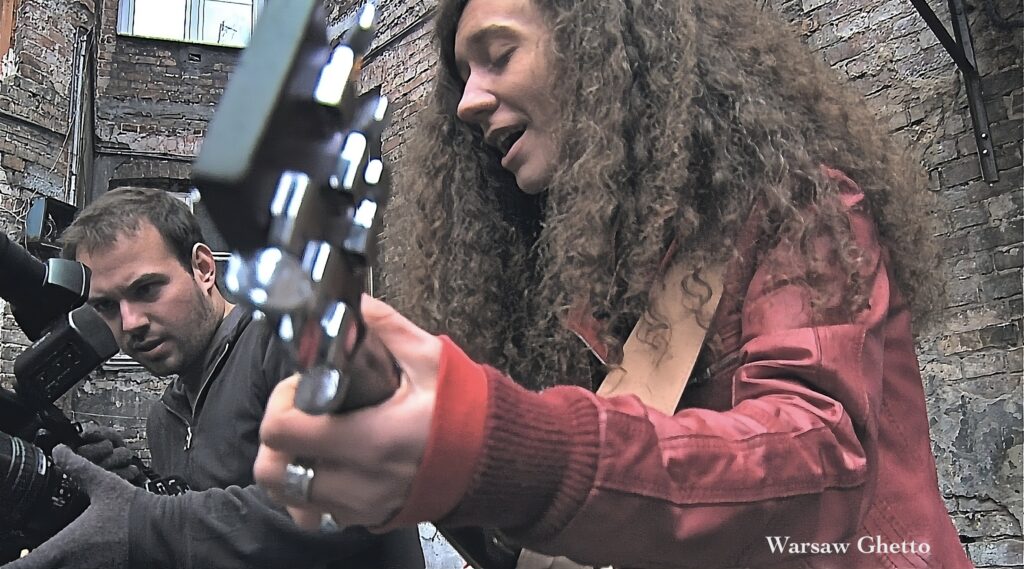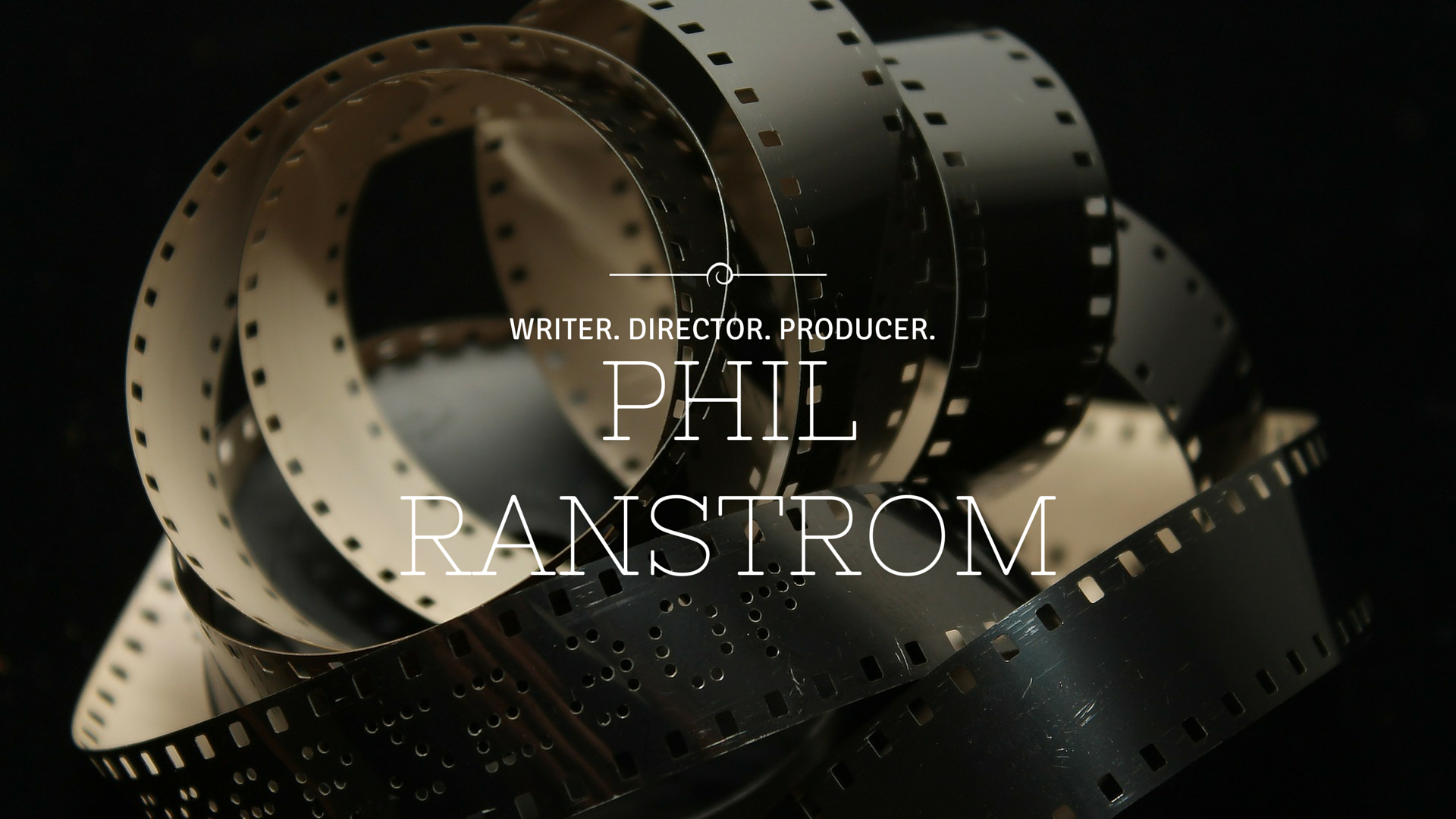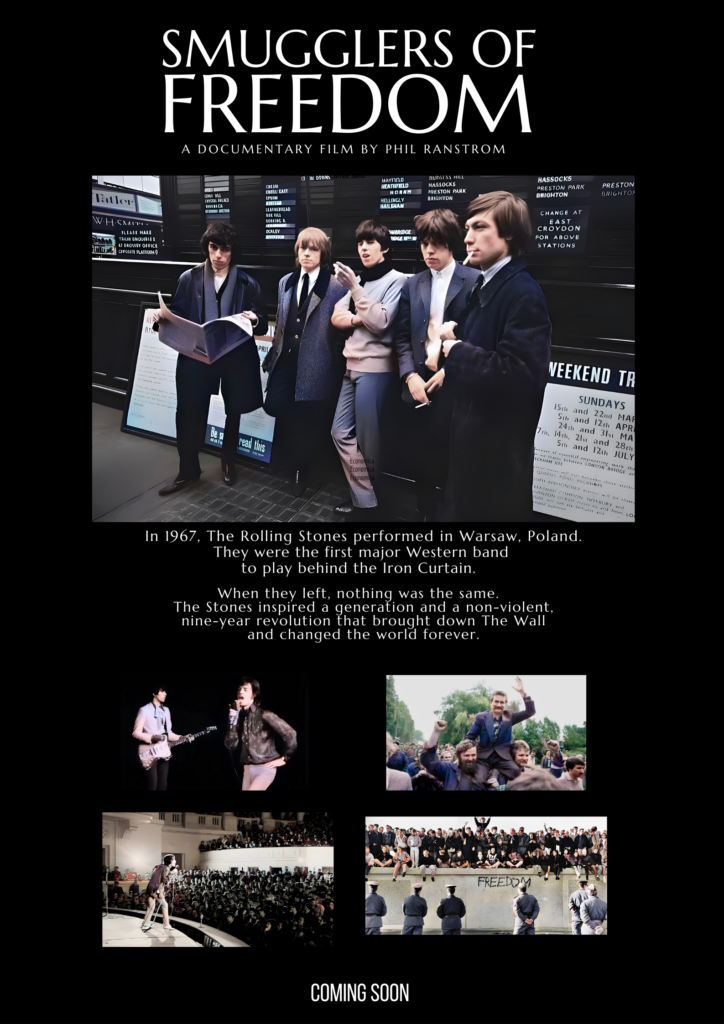Phil Ranstrom is an American documentary filmmaker living in Chicago. He’s been writing, producing, and directing documentaries since the 1980s. His films have received multiple Emmy Award nominations and a win. In 2022, Phil received the Keeping The Blue Alive award by the Blues Foundation in Memphis for the blues history he discovered during the making of his films about Chicago’s Maxwell Street, Cheat You Fair: The Story of Maxwell Street and its companion film, Electrified.
The Greatest Story Never Told
While in Poland filming his travelogue documentary, Pierogi Blues, Phil discovered the untold story about how The Rolling Stones inspired a generation, and helped bring down The Wall. According to many who witnessed the aftermath of their powerful performance in Warsaw, in 1967, it was The Stones who were responsible for the cultural changes that flourished in their wake, germinating into the political revolution that freed eastern Europe.
The Stones were the first major western band to perform behind the Iron Curtain. The Beatles turned down the offer. But The Stones had an opening in their tour, so they agreed. One concert-goer described them as “heavenly birds”. They were like aliens from another planet. After two performances, they left their young Polish fans with a desire to be free, to experience a world they had never seen before. The Stones were smugglers of freedom.
This story was never published because it was not an official act. But the witnesses who lived through this chapter recognize the influence of The Stones as tangibly as they would the worker’s strikes or the demolition of the Berlin Wall. The Stones gave young Poles the inspiration and courage to forge a new vision, and none of the things that followed would have happened when or how they did, had it not been for The Rolling Stones. They were truly smugglers of freedom.
New direction
After hearing this oral history and recording some of it, Phil shelved his Polish blues film to focus on this greater, more important story. The following teaser/trailer highlights this incredible legacy which was nearly lost.
As a footnote: Phil’s voiceover in this trailer exists only to explain how this project started and what we have so far. This is not an example of the final film, though some of the styles shown in this trailer will be incorporated
Moving forward
We would like to interview The Rolling Stones, as soon as possible. This is their story and this documentary cannot be made without them. We are here to work with The Stones to preserve this incredible, unique legacy.
We have a lot to filming to do in Poland, namely interviews with Lech Walesa and other Stone’s fans who attended their concert in ’67 and who witnessed the political uprising by young people. As Marcin Jacobson said in the video, “After the Rolling Stones concert, nothing was the same.”
We must capture this oral history, now, while it is still possible
Filmography
- In development: Smugglers of Freedom (Feature documentary)
- 2018: Chicago Plays The Stones produce/direct live multi-camera concert (Live concert/interviews)
- 2018: Chicago Plays The Stones produce/direct 60 second spot
- 2016: Still Singing These Blues – Philip Fankhauser & Margie Evans (Documentary short)
- 2016: Philipp Fankhauser & Margie Evans Unplugged – Live at Mühle Hunziken (Live concert)
- 2015: Pierogi Blues (Documentary short)
- 2008: Electrified: The Story of the Maxwell Street Urban Blues (Documentary short)
- 2006: Cheat You Fair: The Story of Maxwell Street (Feature Documentary, PBS)
- 1986: House Music in Chicago (Documentary short)
- 1985: Reclaiming America (Documentary shot, PBS)
- 1983: Uptown Christian Soldiers (Documentary short, PBS)
- 1983: I Remember Riverview (Documentary short, PBS)
- 1982: The Cocaine Express (Documentary short, PBS
For more information, be sure to visit Phil’s IMDB Pro Vimeo Facebook YouTube LinkedIn
Highlights


Personal
In addition to documentary films, Phil Ranstrom has a passion for history, politics, and music. Growing up, his father was a jazz guitarist who inspired him to play the guitar, piano, violin, and sousaphone. As a precocious young boy, Phil learned to play the guitar simply by ear by the age of 13. His mother strongly influenced his desire to understand history. His mother was an award-winning journalist who covered the rebuilding of France after World War II for Associated Press (AP) newswire, then later worked for newspapers in San Francisco, Los Angeles, and Elgin, IL. Together, his parents served as strong influential figures in his early childhood development, encouraging him to be compassionate and partial to the side of justice. They taught him how to listen and tell stories.
In his free time, Phil also likes to travel, embrace new cultures and meet new people. So far, he has traveled to Poland, Western Europe, Kazakhstan, the Caribbean, Mexico, and Canada.

